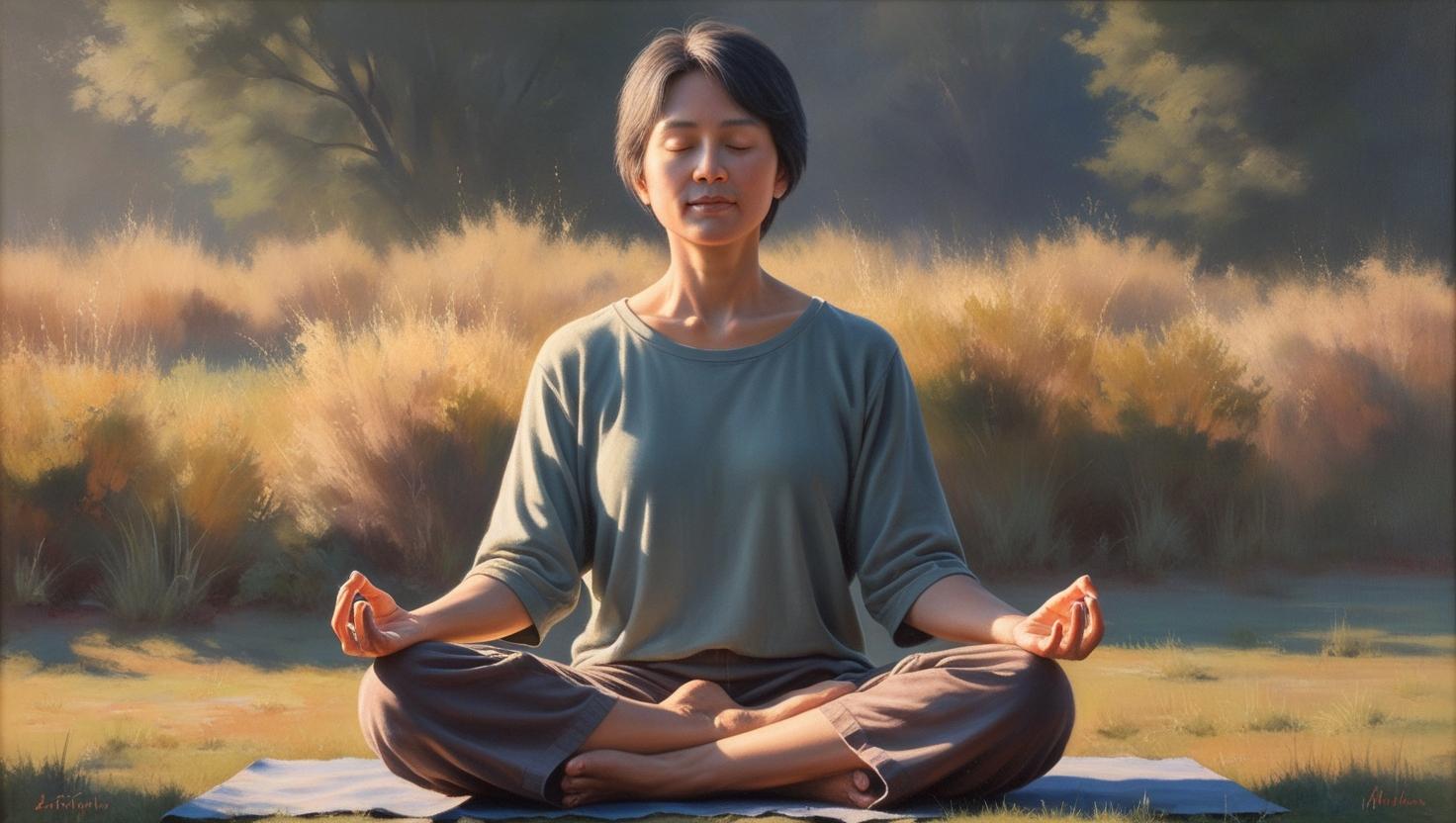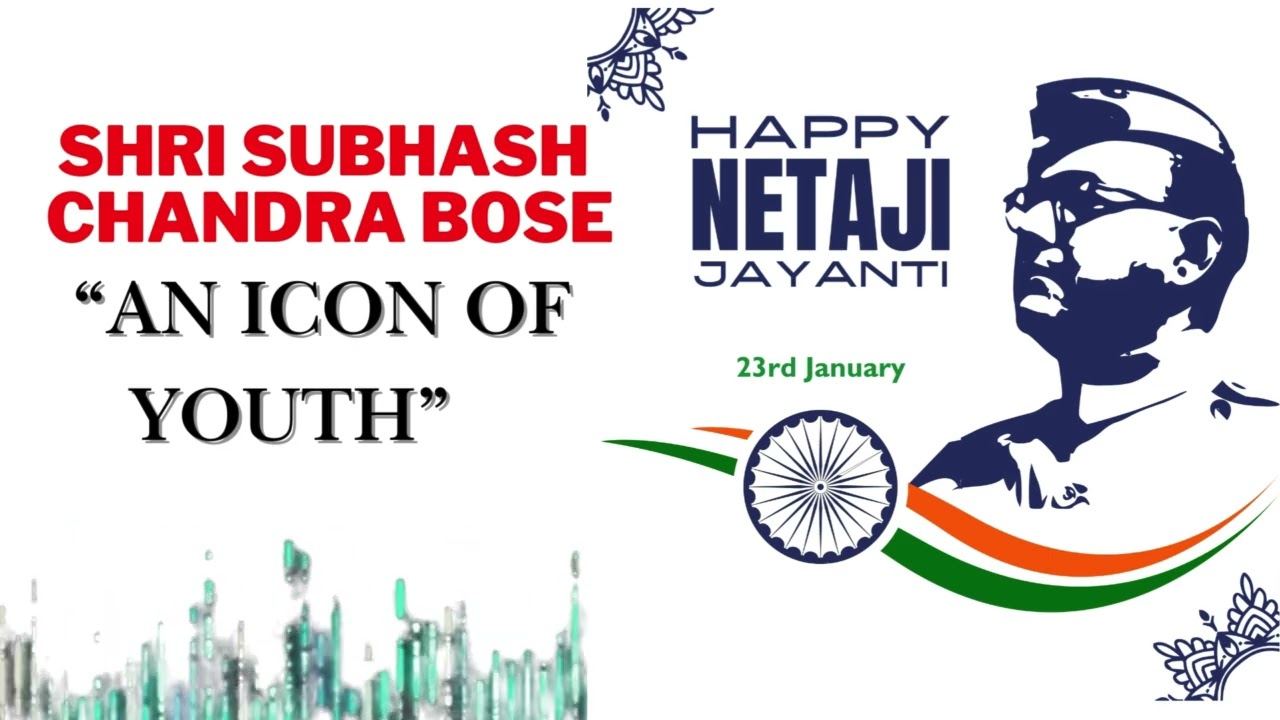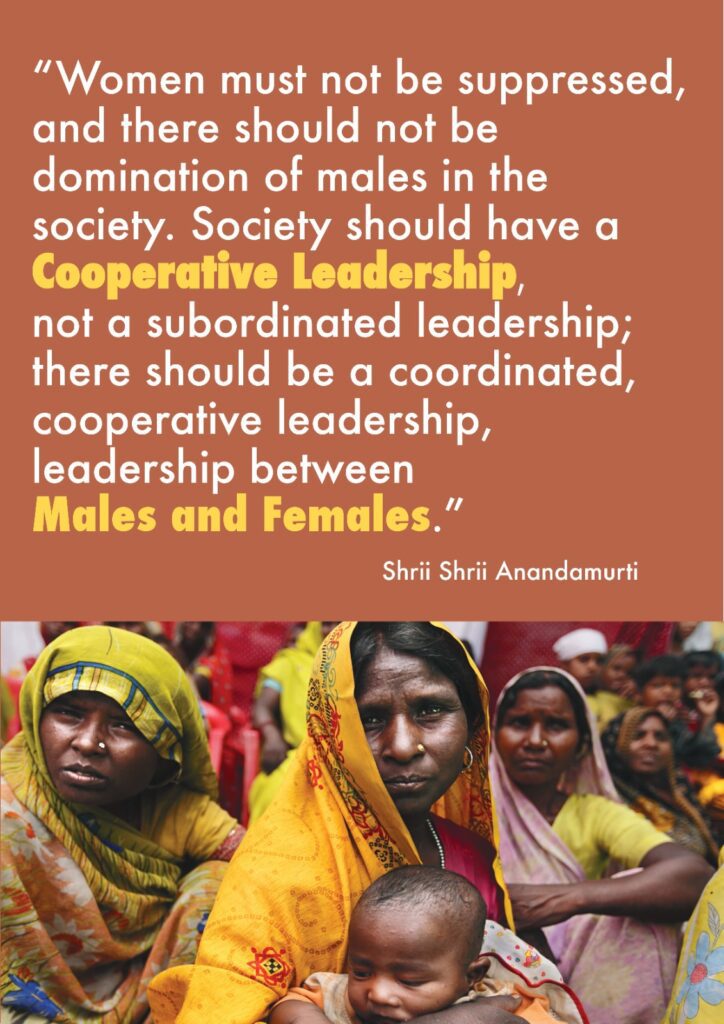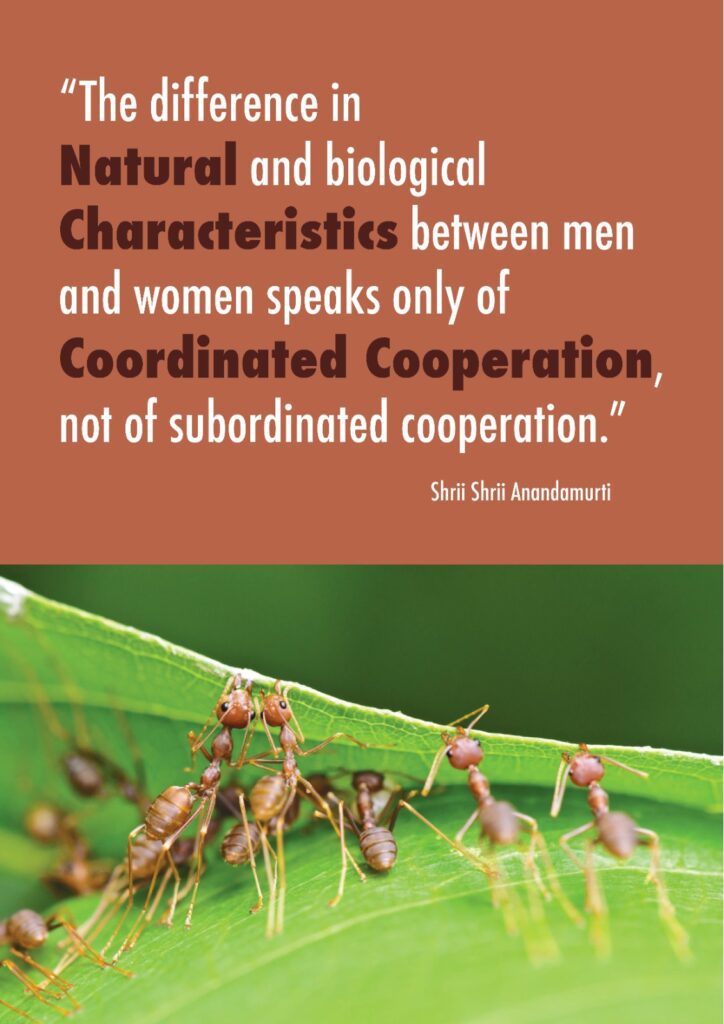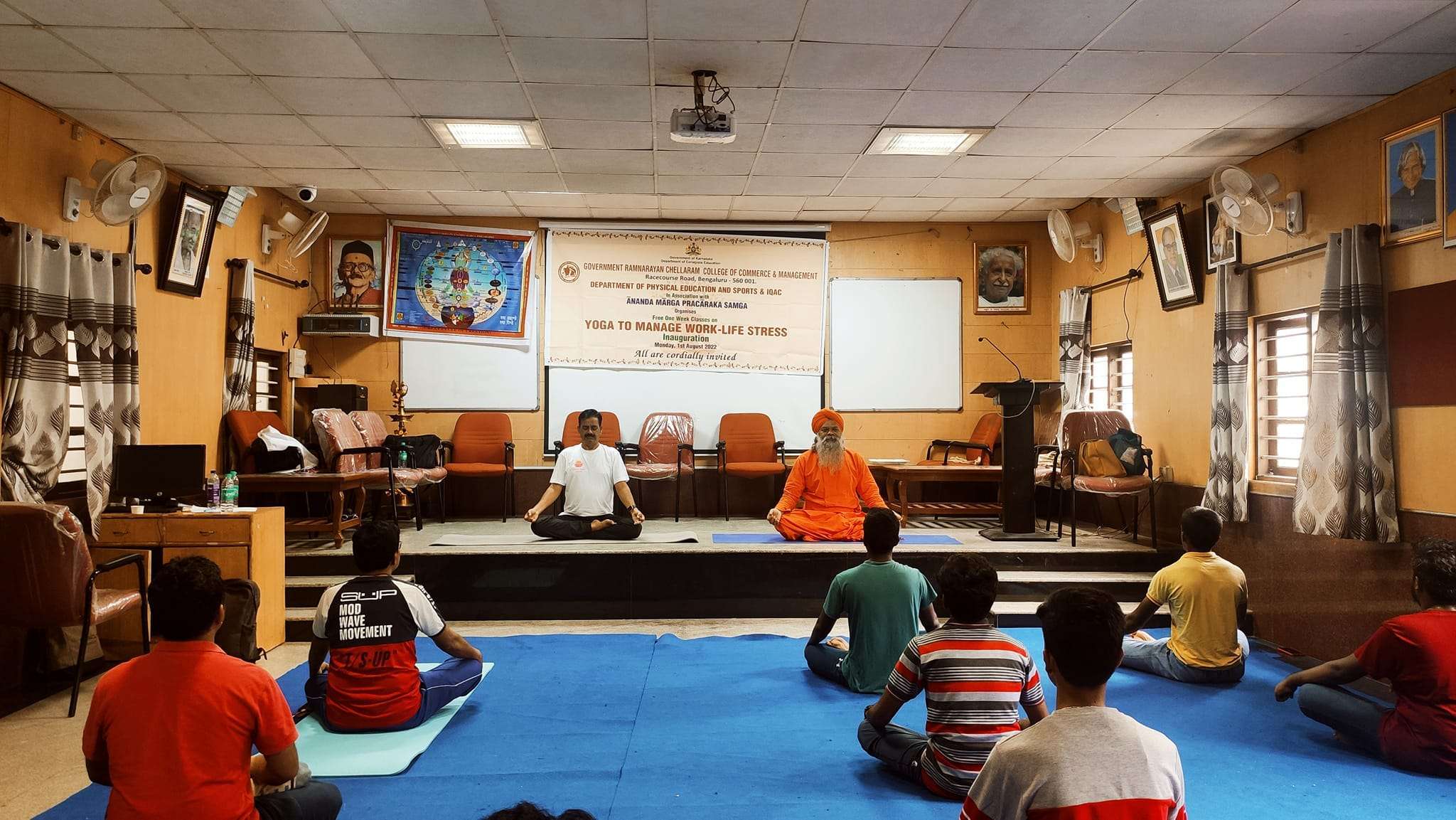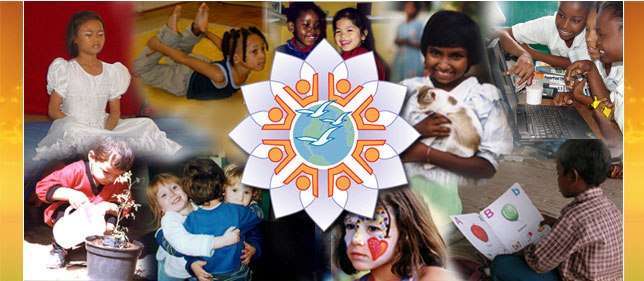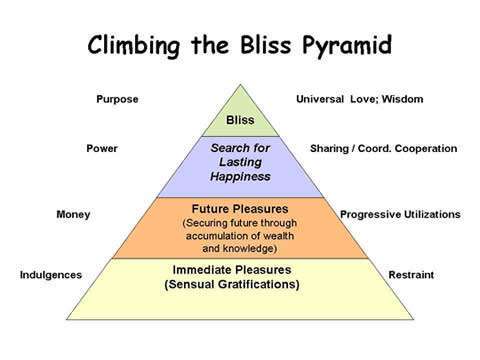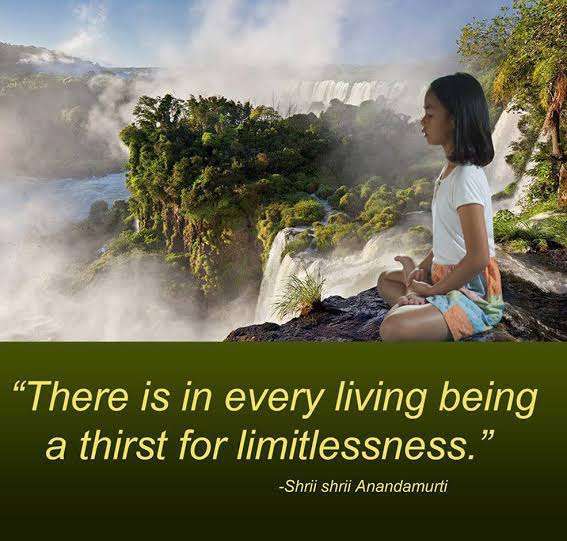Meditation, transformative process, Written By Madan Prasad Dada
Meditation is concentrated thinking involving specific brain cells. It regulates the flow of vital energy. Makes the flow goalward effecting desired change in body and mind. However, many factors influence the flow of the energy generated by the body. Besides, we know little about self, environment and society and how to use the sophisticated brain and mind optimally resulting in underutilization, many a time misutilization in crippling self by hammering mind with negative thoughts. This way we are not only harming self rather society also. People of negative and self-centered predisposition influence adversely the value system. Hence to reverse the declining trend, meditation is a must. As all the problems, physical, mental, social and environmental emanate from mind. We make our presence felt through thought. Meditation hoans mind.
Meditation is a powerful change medium this has been proven by an impressive number of studies. Mental states can markedly alter physiological functions. For example, stressful situations result in a hypermetabolic state, with increased oxygen consumption, heart rate, and blood pressure. Contrastingly, meditation causes decrease in body metabolism manifesting as decreased breathing pattern, decreased heart rate and blood pressure. There is also a marked decrease in level of oxygen consumption. The metabolic charges due to meditation arises from change in flow of vital energy(pran) and not due to forced reduction of breathing .That’s how mantra regulated pranayama is more effective.

Circulation. Study shows change in blood flow pattern of mediators. The redistribution of blood flow by meditation; although hypometabolic overall .it appears likely that there is a concomitant increase in the metabolism of certain tissues. Which is evident from the growth observed in the brain of meditators in certain areas, learning and memory and frontal parts and decrease in the fear center, Amygdala, emotional part of the brain. The desired change takes place in the targeted areas, not randomly.
Meditation causes widespread and lasting changes down to genetic levels. Changes cellular structure and it’s solidarity by making up the shortfall in telomeric length by silencing enimical genes and activating friendly one’s. The mind also undergoes change. Mental boundaries loosen. Limitations wane making one feel more connected, comfortable in difficult situations. All these changes come about almost effortlessly when one is established in Dhayan(meditation). Meditation will help in our evolutionary giant leap forward resulting in the emergence of a more evolved species in the human frame.
Meditation evokes relaxation response. This attracted the attention of the people. Now, its role in shaping our lives is being realized. Yoga is pretty old concept, better say tested one, yet not fully understood. The reason it’s introversive journey. The subjective counterpart of mind plays a significant role. Some are elusive. Which we can understand and experience. We can feel and live the truth. The moment this happens unbelievable change will take place. Those who talked about Yoga were the most evolved persons of their time. People are in different stages of evolution. Even identical twins raised in the same environment have been found to behave differently. We are different in different situations. This has been found in the lives of great people. It appears we have been designed to touch the peak of evolution. In the process of evolution cosmic pull from its hub is not letting us degenerate beyond certain limits. It is said everybody is on road to salvation. Which in turn means there are phases in the process of evolution physical, mental and spiritual. A day is sure to come when more people will be spiritual. Those who are lagging behind will not be left to their fate. This is subjective approach, hence inclusive, mind playing crucial role.
In spirituality individuality is merged into collectivity.
One more aspect, gut-brain-mind connection which has lately attracted the attention of scientific community clearly shows that our existence has a purpose, a goal. We eat to be able to think and thus channelings the mental energy in actualizing dreams and desires through the process of subjectivisation. In this process the mental picture of both thought and thinker are made. Which impacts both body, mind and view of self. The subjective layers determine our limitations and capabilities, our identity. We grow with mind through thinking about expansive thoughts, subjectivated Pabula, by subjectivisation.
Evolution in entirety can be understood by considering human body as sophisticated machine intended to transform matter into consciousness. As nothing lies beyond that. We humans eat food, take water, breathe air and expose to sun. The most evolved persons for different ages were those whose mind comprised the supreme Subjectivity, the layer which watches all things all the time. Through meditation, such changes come about.
Supreme consciousness is the first cause. Matter, supposed to be the first cause of life on earth is in fact metamorphosed consciousness. The crudified, condensed consciousness. Yet it is not one homogeneous mass. There is yet another force more gigantic than black hole which attracts the subtler, the more. The tendency in living beings to shed limitations, say evolve is because of this pull from invisible source. In living kingdom, the subtler play , the significant role. Hence clashes, cohesion and great attraction causes evolution. The extent and speed of evolution on earth or elsewhere is because of this force in favorable conditions. Meditation facilitates the pull enhancing the capacity to evolve.
Evolution is an unending process. Supreme consciousness is the goal. Hence the pathway has to be so long.
